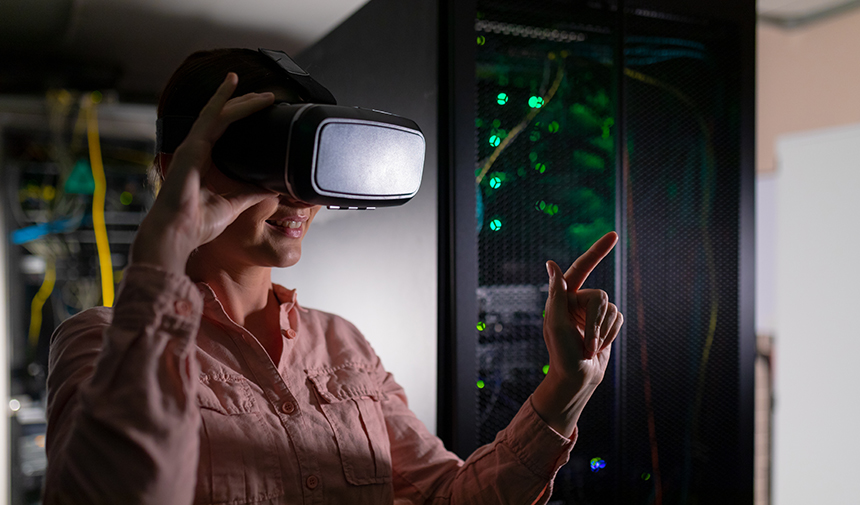Digital Transformation in Retail, E-Commerce and the Future of Personalized Shopping
The retail industry is undergoing a radical transformation with the rapid advancement of technology. The rise of e-commerce platforms and personalized shopping experiences are reshaping consumer behavior and the retail landscape. In this article, we will discuss the use of technology in retail, the evolution of e-commerce and the importance of personalized shopping experiences.
The Rise of E-Commerce
In recent years, e-commerce platforms have become an indispensable part of the retail industry. With the widespread use of the internet and the increasing use of mobile devices, consumers prefer to shop online. Giant e-commerce platforms such as Amazon, Alibaba and eBay offer consumers great convenience with their wide range of products and fast delivery options.
The advantages of e-commerce include 24/7 shopping, a wide range of products, price comparison opportunities and user reviews. Consumers can easily find and buy the product they want, while sellers can reach a wider customer base. This has increased competition in the retail sector and led to the development of innovative solutions.
Personalized Shopping Experiences
Another important aspect of the use of technology in retail is personalized shopping experiences. Big data analytics and artificial intelligence analyze consumers’ shopping habits and preferences and offer them tailored recommendations. In this way, consumers can receive customized campaigns, discounts and product recommendations, making their shopping experience more satisfying.
For example, digital platforms such as Netflix and Spotify have achieved great success by offering personalized recommendations based on users’ viewing and listening habits. Similarly, Amazon and other e-commerce platforms make recommendations to consumers based on their past purchases, increasing customer loyalty.
Future of Retail Technologies
The future of technology in retail is bright. Emerging technologies promise to further improve shopping experiences. Here are some of the technologies that are expected to stand out in the retail industry in the future:
- Augmented Reality (AR) and Virtual Reality (VR)
AR and VR technologies enrich shopping experiences by allowing consumers to experience products in a virtual environment. For example, a furniture store can allow customers to virtually see how the furniture will look in their homes. - Internet of Things (IoT)
IoT devices are being used to enhance in-store experiences and optimize stock management. Smart shelves and sensors can monitor the availability of products and automatically reorder. - Artificial Intelligence (AI) and Machine Learning
AI and machine learning enable more accurate and effective marketing strategies by analyzing consumer behavior. In addition, chatbots and virtual assistants can be used in customer service to provide fast and effective support. - Blockchain
Blockchain technology is being used to increase transparency and security in supply chain management. Products can be traced from production to consumption and counterfeiting can be prevented.
Conclusion
The use of technology in the retail sector offers great advantages to both consumers and sellers. The rise of e-commerce platforms has changed shopping habits and increased competition. Personalized shopping experiences increase customer satisfaction by better responding to consumers’ needs. In the future, it will be possible to see even more innovative solutions in the retail sector with developing technologies.



